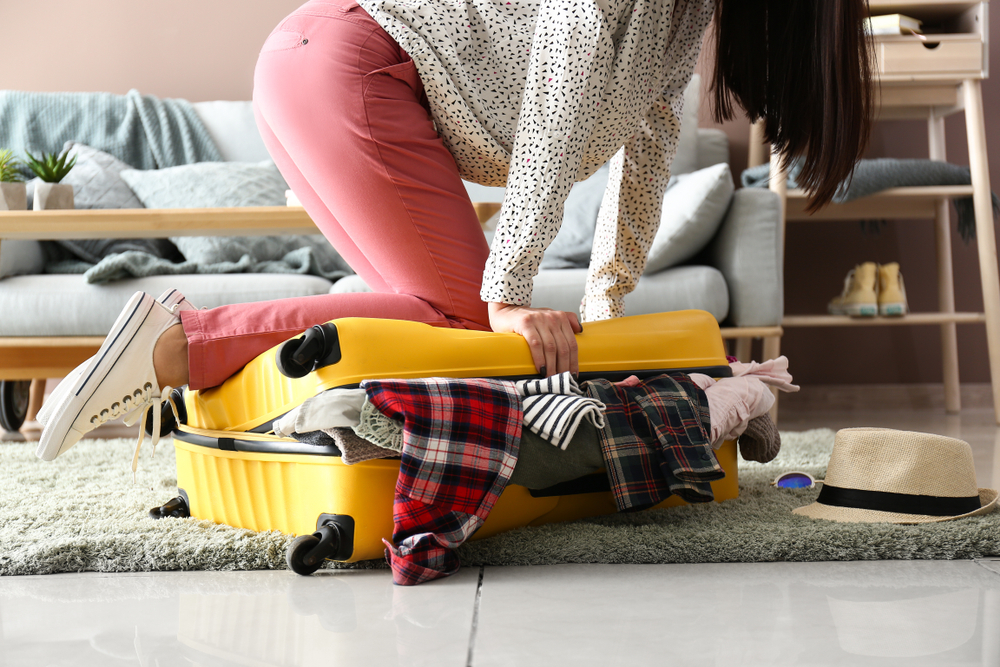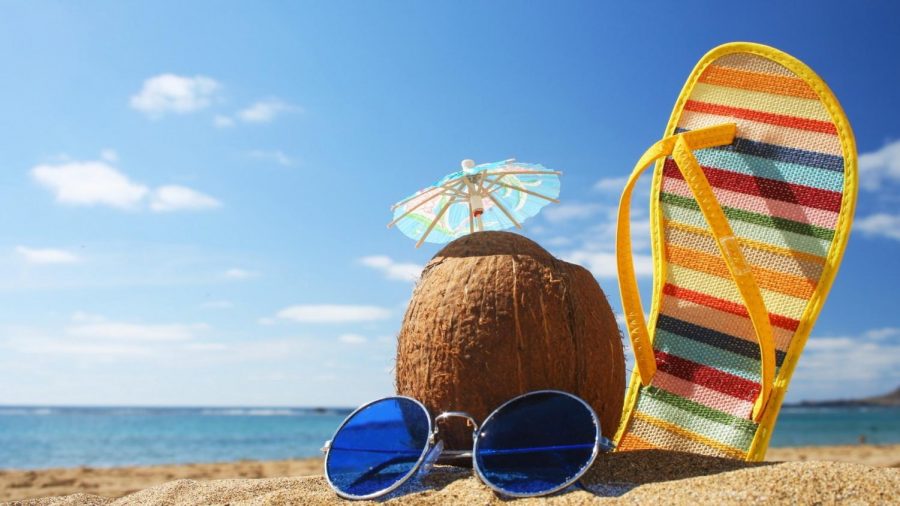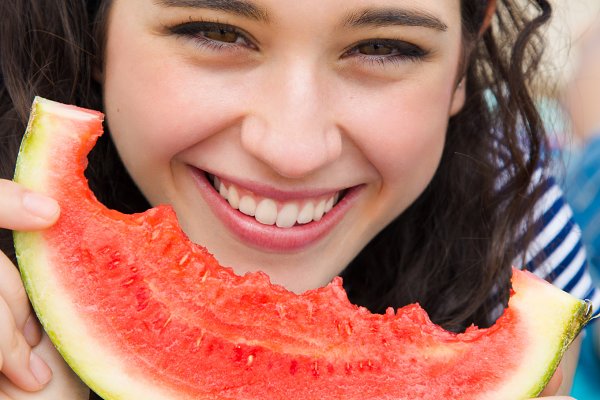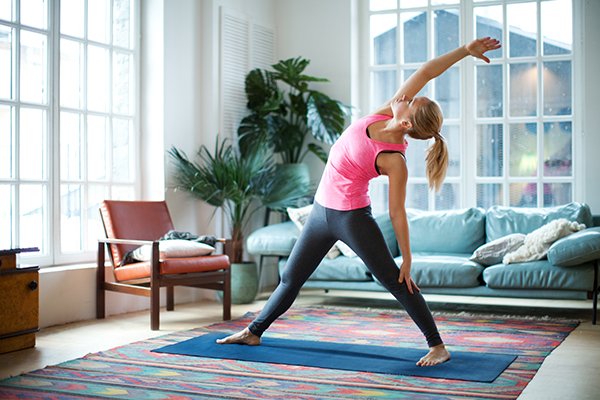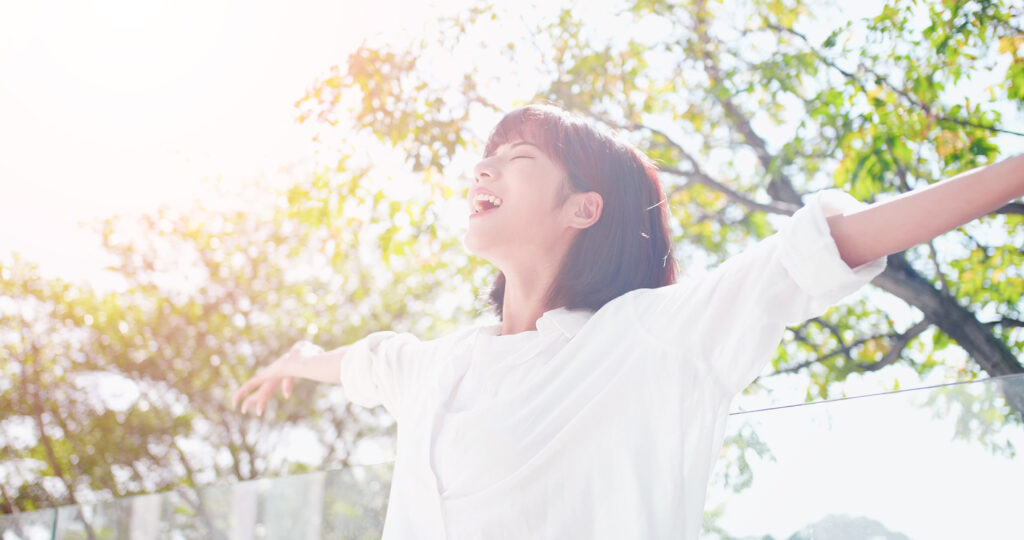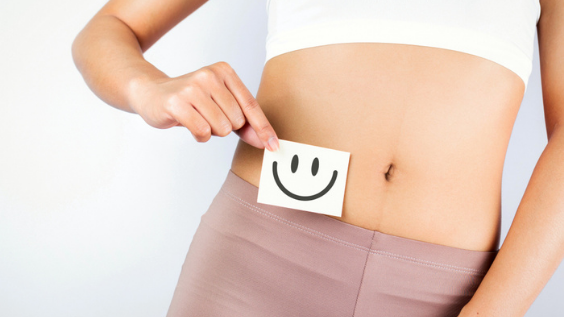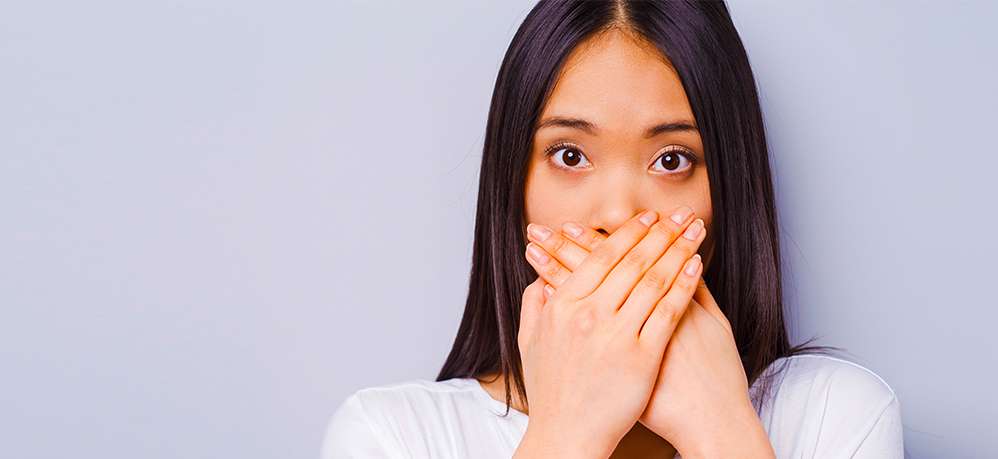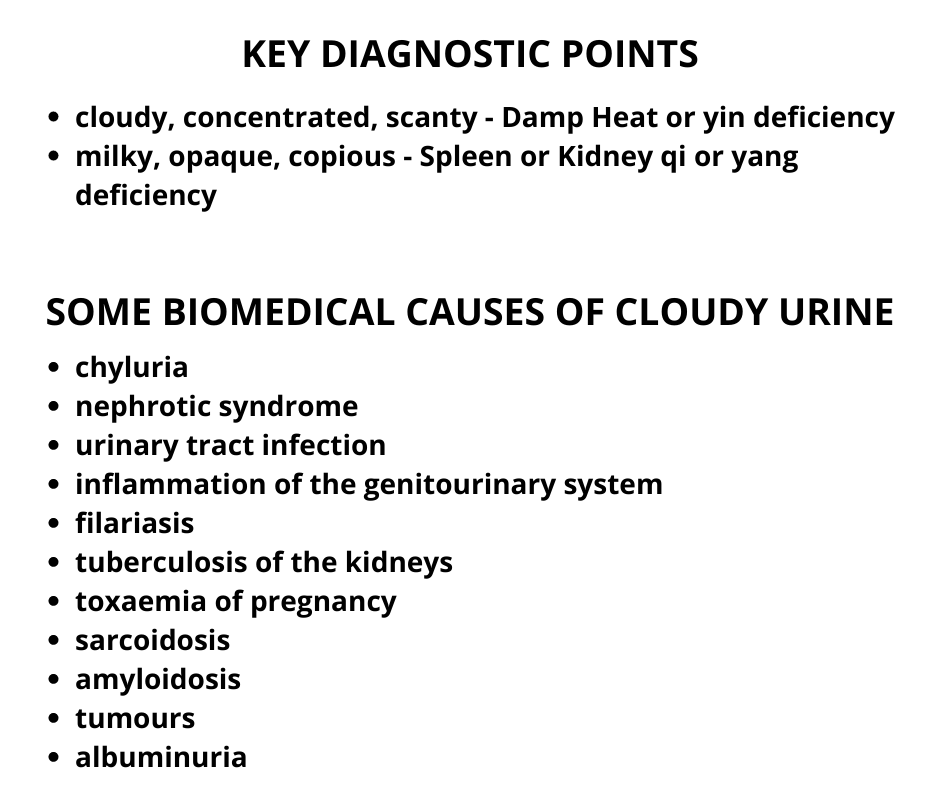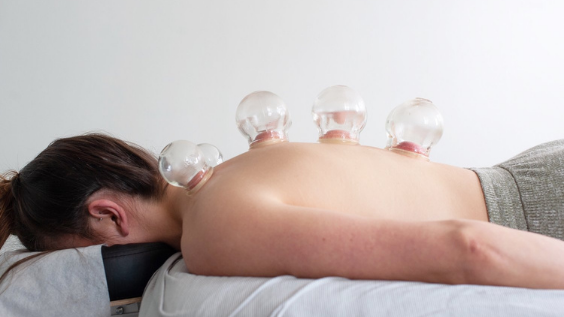
What’s the big deal?
It seems like Cupping has spiked in popularity ever since Gold-Medalist swimmer Michael Phelps showed up to his 2016 Olympic swim races donning those distinct circular marks. Even more recently, former NFL Patriots player James Harrison was featured in National Geographic sharing how he regularly relies on Cupping to recover from the demands football took on his body. When asked how he felt following his treatments, he said, “[all] I know is before I get treated, I HURT, and after, I feel better.” Now even Katy Perry had Cupping (and Acupuncture) done in her one of her music videos!
Of course we are ecstatic to see celebrities and professional athletes trusting in and reaping the benefits of these traditional therapies. However, just because Cupping has had some time in the spotlight does not mean it’s new. In fact, Cupping Therapy has been practiced for thousands of years, with some of the oldest records dating to 1550 B.C.E. in Ancient Greece and 300 C.E. in China.
As Traditional Chinese Medicine (TCM) evolved, so did Cupping. Bamboo, stone jars, and animal horns were eventually replaced with the specialized glass cups used today. Although Cupping was practiced for centuries in China, it became an official therapeutic modality in hospitals during the 1950’s. To this day, Cupping remains a hallmark offering of TCM along with other soft tissue modalities like Gua Sha and of course, Acupuncture.
The good news is, you do not need to be a pop icon or professional athlete to benefit from Cupping.
To see if Cupping is right for you, here is everything you need to know.
Cupping: The Basics
WHAT
Cupping Therapy is a soft tissue modality that uses negative pressure to gently lift the skin and underlying connective tissue (called fascia). This lifting dynamic enhances blood flow in muscles that are tight, painful, and restricted by creating space for old, oxygen-depleted blood to leave so that fresh, oxygen-rich blood can enter. In TCM, Cupping promotes the free flow of qi and blood by remove blockages and stagnation along the meridians that cause pain.
Think about it: when your body is stressed from repetitive movements, exercise, emotions, or even from being stuck in one position for a long period (cue the raised typing shoulders and low back pain from sitting at a computer all day), your blood vessels and muscles constrict. This reduces circulation leaving old (nutrient-depleted) blood and metabolites like lactic acid to accumulate in the tissue which leads to pain (tension, soreness, stiffness, etc).
WHERE
Cupping is most commonly done along the back, shoulders, and posterior neck, but sometimes the forearms, hamstrings, and lower legs (calves) are done as needed. When I work with patients, I use an integrative perspective and apply cups based on the meridians AND muscles involved in their condition.
WHEN
Cupping is ideal for when you have muscles that are too tight, sore, stiff, or painful—and the discomfort is hard to shake. If the pain keeps coming back, stretching does not help, or you have “knots” that are stubborn to get rid of, Cupping would be worth a try. After your first appointment, I recommend that patients wait until their marks fade away until doing another session.
HOW
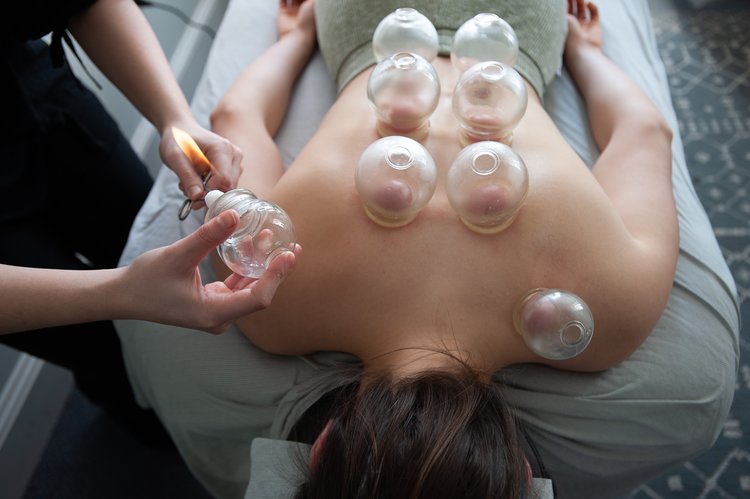
How the cups are applied depends on the type of material being used. For example, there are cups (mostly plastic, some glass) that have air nozzles at the top so that your practitioner can manually create the suction through a tube or attachment device. That is one way. The other is with glass cups and fire. Actually called “Fire Cupping,” this is the traditional way Cupping has been done for millenia and is the type that takes formal training to do.
So how do I create the suction with fire?
First an alcohol soaked cotton ball is taken and lit on fire. Not to worry, the flame is small and controlled. Next and of course away from your body we quickly insert the flame in and out the cup which burns up all of the oxygen inside, creating the vacuum seal so the cup can stick. Once the cups are placed, you will feel some pressure, but it should never be painful. The sensation is similar to a massage in reverse: instead of kneading into and compressing muscles that are sore, the cups lift the fascia to give the the lactic acid room to leave.
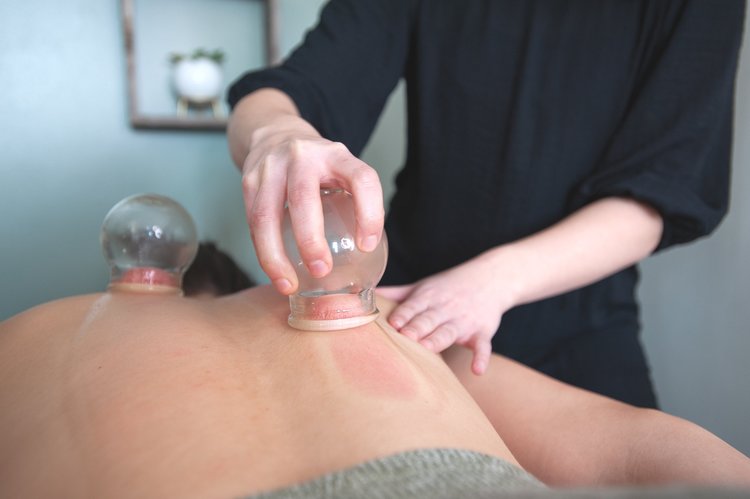
Slide Cupping: During a back treatment, for example, once one or two cups are placed, I usually start by sliding them along the length of the muscles/meridians involved which allows me to identify areas of stagnation and poor blood-flow—which are seen in the dark pink to red/purple colouration people get from Cupping. The darker the marks, the worse the circulation is!
Stationary Cupping: Once these areas of stagnation are identified, I place several more cups and leave them in place for a few more minutes. Cups do not need to be on very long to be effective. During this time patients feel relaxed and some have said they felt like they were floating in the best kind of way.
The marks that appear are an anticipated and therapeutic side effect that fade within a few days to a week depending on the person.
When It Should Be Avoided:
Cupping should never be done over skin that is fragile, broken, sunburned, or edematous (swollen). Areas with major arteries are a major NO. Cupping is not advised during pregnancy and is typically off-limits for those with cancer, organ failure, heart disease, hemophilia, have a pacemaker or who are taking blood-thinning medications.
So WHY would anyone want to get Cupping?
The Benefits:
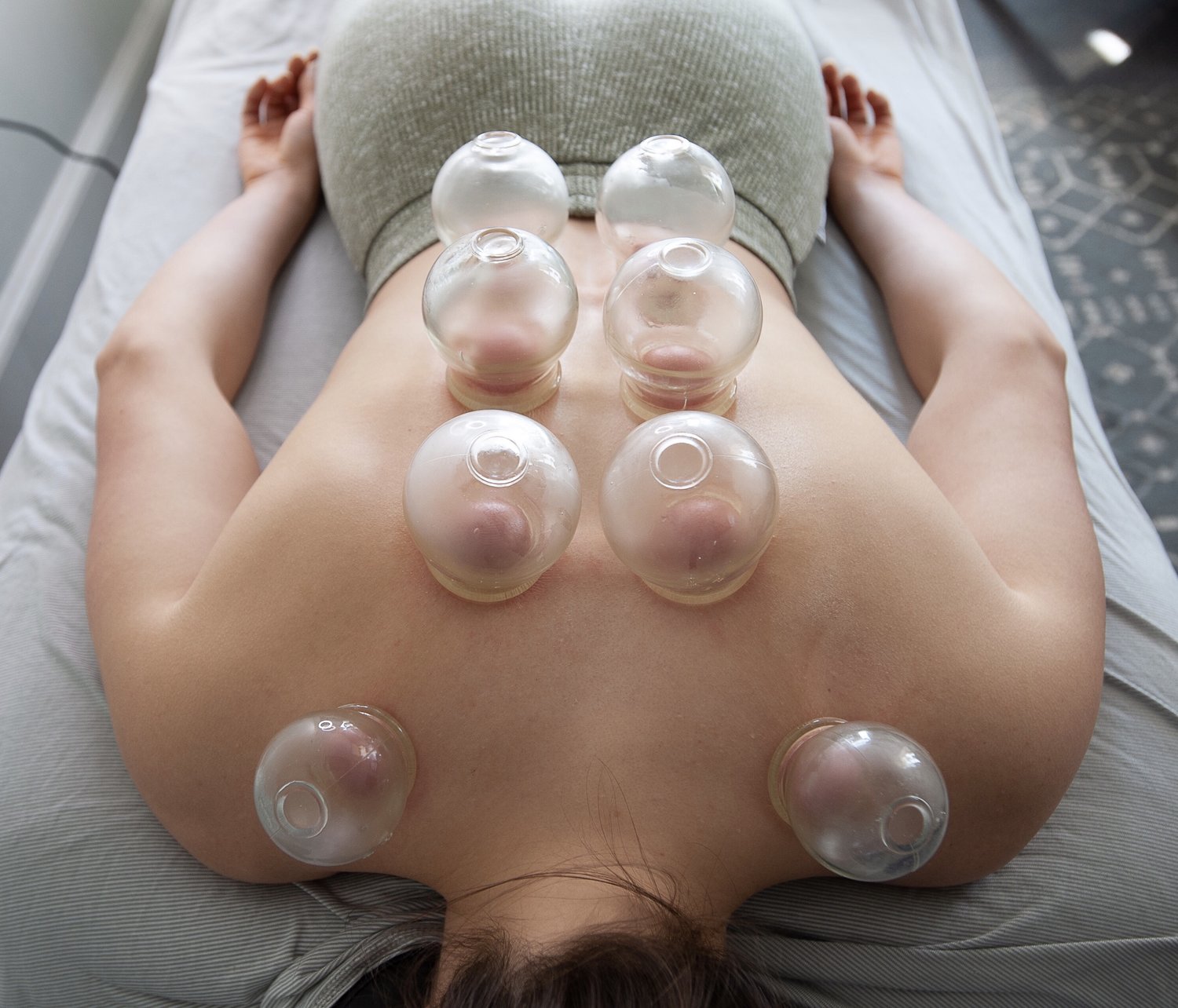
- Reduces Pain – Although Cupping might seem like magic, there are known physiological effects and mechanisms that take place leading to its analgesic effects. Even science agrees: studies (from a systematic review—the highest-quality level of research) demonstrated its effectiveness for acute and chronic pain management. So what is it good for? Cupping is ideal for stubborn neck/back/shoulder pain, sports injuries, sore/tight muscles and headaches (especially tension-type headaches that come from chronically tight upper back/neck muscles).
- Relieves Stress & Emotional Tension – It should be no surprise that stress and unprocessed emotions create tension in our bodies. Stress is often a causative or contributing factor for chronic health conditions from anxiety and depression to allergic sensitivities, digestive disorders, and adrenal fatigue. I work with so many patients who hold stress, past traumas, and deep-seated emotions in their bodies in different ways, but the most common sources of tension are the neck, shoulders, and back. In Chinese Medicine, our emotions have physical effects on the circulation of qi/blood in our body and internal organ systems. By promoting the free flow of qi and blood in the muscles and meridians, Cupping alleviates physical tension while dissipating the heavy emotions attached to them.
- Improves Immune System – According to the “The Medical Perspective of Cupping: Effects and Mechanisms of Action” (2017), research suggests that Cupping benefits the Immune System by initiating “artificial local inflammation” that signals the body to release antibodies and phagocytic cells that “engulf” and clear damaged cells from an organism therefore “giving it a protective role by increasing immunity.” The study also cites how Cupping effects the thymus glad to improve lymphatic flow and increases the level of interferon and tumor-necrotizing factor which both have therapeutic outcomes for patients with auto-immune diseases.
- Reduce Congestion – Cupping was originally used for pulmonary tuberculosis way back in the day (as in thousands of years ago), but it still holds a therapeutic role in arresting coughs, relieving chest congestion, and helping clear excess mucus from allergies and other respiratory conditions. When cupping is done over the upper back, it benefits the Lungs by creating space for deeper breathing while loosening stubborn phlegm, making it easier to expect.
- Improves Recovery Time – All of you recreational and competitive athletes will appreciate how Cupping can cut down your recovery times to keep you performing at the level you want to be. Besides, Cupping is not just for when your body is tapped out. Lots of lifters, baseball players, runners, and MMA fighters enjoy getting Cupping as a preventative way to stave off soreness, maintain mobility, and get a prolonged stretch in muscles that are chronically tight.
There you have it! If you are ready to see what all of the hype is all about, feel free to contact us.


